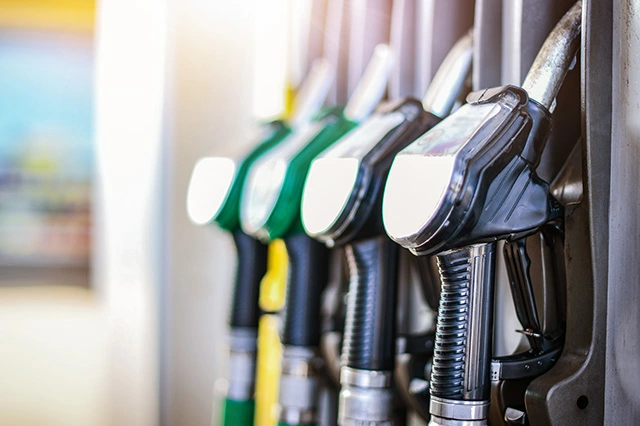Insurance renewals can be a critical financial decision, as the timing of your renewal can significantly impact your premium rates.
The optimal time to renew your convicted car insurance, for instance, has been a subject of extensive analysis. This article details the best time to renew your insurance to secure the lowest premiums, supported by statistics, and the consequences of not adhering to these optimal renewal windows.
The Optimal Renewal Time
Research indicates that renewing your car insurance between 21 and 30 days before the expiration date of your current policy can result in the most substantial savings. According to data from MoneySuperMarket, renewing your insurance 21 days before the renewal date can reduce your premium by an average of 20% compared to renewing on the day the policy expires. This period is often referred to as the “sweet spot” for insurance renewals.
The reason for these savings lies in the way insurers calculate risk. Customers who renew their policies well in advance are perceived as more organized and lower-risk compared to those who renew at the last minute, which insurers associate with higher risk behaviours and potentially higher likelihood of claims.
Statistical Insights
To put this into perspective, let’s delve into some statistics:
- Savings Potential: According to ComparetheMarket, drivers who renew their car insurance 21 days in advance save an average of £280 annually compared to those who renew on the renewal date itself.
- Renewal Behaviour: Despite these potential savings, a significant number of people do not take advantage of this optimal renewal window. The same study by MoneySuperMarket found that only 27% of policyholders renew their insurance 21 days before expiry.
- Additional Costs: Those who renew their policies on the day of expiry or within a few days before tend to pay significantly more. On average, these late renewals could be paying up to 30% more than if they had renewed three weeks earlier. For a typical UK car insurance premium of £600, this could mean an additional cost of up to £180 per year.
Why Do Many People Miss the Optimal Renewal Window?
There are several reasons why many policyholders do not renew during the optimal period:
- Lack of Awareness: Many people are simply unaware of the potential savings they could make by renewing early. Insurers and comparison websites are working to educate consumers, but a significant knowledge gap remains.
- Procrastination: It’s common for individuals to delay tasks that don’t seem immediately urgent, including renewing insurance policies.
- Perceived Hassle: The process of comparing new quotes and switching insurers, if necessary, can be perceived as time-consuming and complicated, leading to last-minute renewals.
- Financial Constraints: Some may delay renewal due to immediate financial constraints, preferring to defer payment until absolutely necessary.
How to Maximize Your Insurance Savings
To ensure you’re taking full advantage of potential savings, consider the following tips:
- Set Reminders: Mark your calendar or set a digital reminder for 21 to 30 days before your insurance is due for renewal.
- Shop Around: Use insurance comparison websites to check for the best deals. Even if you’re happy with your current insurer, it’s worth checking if you can get a better rate elsewhere.
- Negotiate: If you find a better deal with another insurer, don’t hesitate to contact your current provider. They may match the offer to retain your business.
- Plan Ahead: If finances are tight, planning for your renewal payment in advance can help you avoid last-minute financial crunches.







